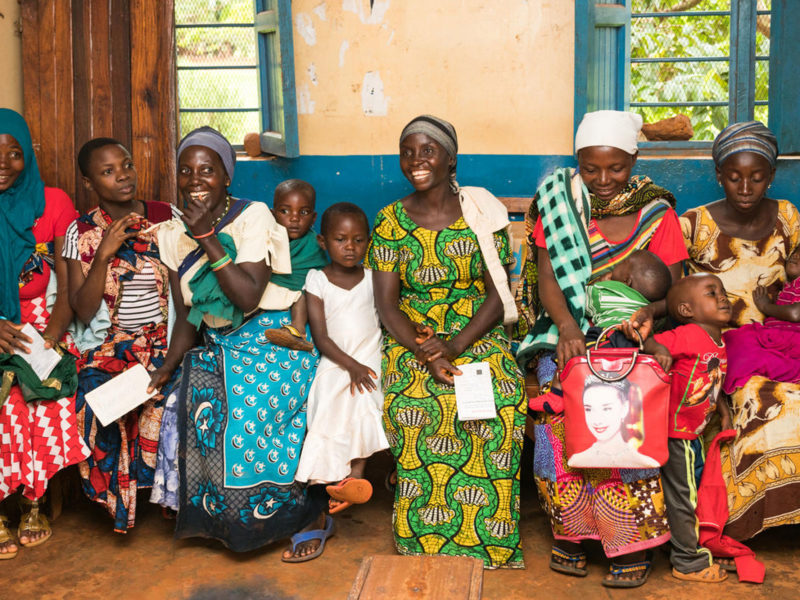
Subscribe to CCP's monthly newsletter
Receive the latest news and updates, tools, events and job postings in your inbox every month

Access to and use of the latest evidence and practical experience saves lives.
At CCP, our knowledge management approaches connect the global health workforce to the evidence-based knowledge and practical expertise they need to do their jobs effectively. We understand that where people live and work determines whether they can access and use the most current tools and resources. We level that playing field.
For nearly four decades, CCP has pioneered approaches to make public health knowledge accessible and foster collaboration and learning while setting the standard for measuring knowledge management’s impact on health programs and outcomes. We use a systematic, evidence-based, and participatory KM process and have produced seminal guidance on implementing and measuring the outcomes of global health KM activities. CCP uses behavioral science, design thinking principles, marketing, and technology to consider each person’s context and connect them to information and resources unique to their needs.
Our knowledge innovations are created by and for global health professionals by keeping behavior at the heart of our design process.
We nurture lasting practices of learning and sharing that are authentic to where people are and help knowledge flow between people, organizations, and countries so that they can share experiences and expertise.
We are a trusted and authoritative source of knowledge. We present information equitably in ways that are easy for people to digest and apply to their context.
We identify audiences and champions, constraints to data use and data needs. We then develop customized data availability and use plans at global and country levels.
We wrote the book on measuring KM in global health programs! We have developed an overarching logic, curated a list of key indicators, provided guidance on collecting data on KM using various data collection methods, and used complexity-aware monitoring and evaluation techniques.
We use technology as a tool to help people move from where they are to where they want to be. Our deep understanding of digital best practices is reflected in our use of AI, automation and other approaches to strategically and responsibly meet our audiences’ needs.
We train the next generation of KM champions using adult learning principles and tailoring our training to the specific context and need.
Knowledge is one of our most valuable assets in addressing global health challenges. Global health organizations that adopt knowledge management strategies and practices can strengthen health systems in three areas:
Continuous learning and sharing—and the application of that knowledge to services—leads to health systems that are responsive to patient and population needs.
Resources are optimized when partners can practice evidence-based decision-making, learning and adaptation.
The practice of knowledge management brings everyone the same fair opportunity to access and use data, information and knowledge.
By helping global health practitioners share and apply valuable know-how in their work, we create a stronger health workforce, better health services, and enable people to live longer, healthier lives.
Family planning professionals are always working to find ways to improve their programs. Yet technical capacity in knowledge management remains limited, and there is a lack of funding for knowledge management in family planning programs.
Inspired by the television show “Shark Tank,” CCP’s Knowledge SUCCESS project in 2021 launched The Pitch, a regional competition to find and fund innovative knowledge management ideas for family planning. Four knowledge management champion innovators from Africa and Asia will be awarded up to $50,000 USD to implement their unique ideas. The winners will also receive KM mentorship, training and tools from CCP during the implementation period to further develop their capacity in KM for family planning and reproductive health.
Receive the latest news and updates, tools, events and job postings in your inbox every month